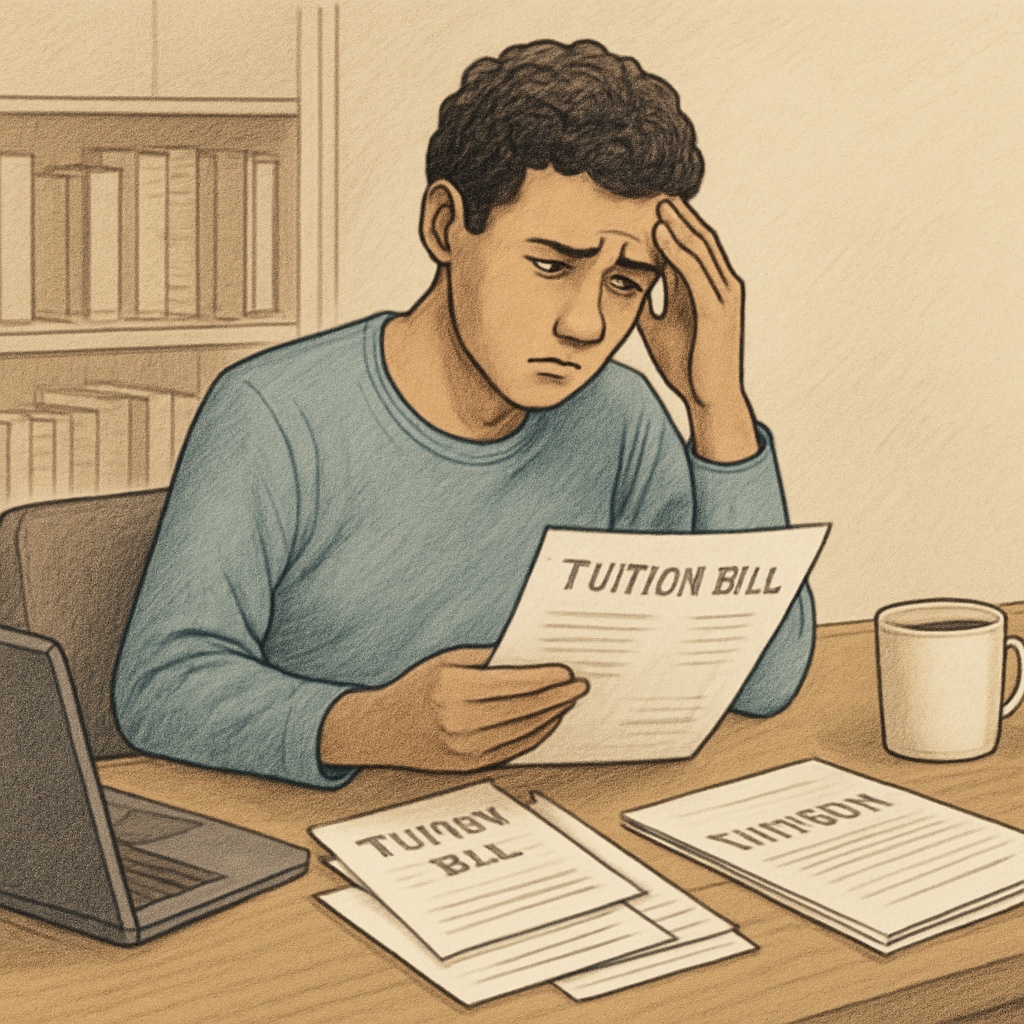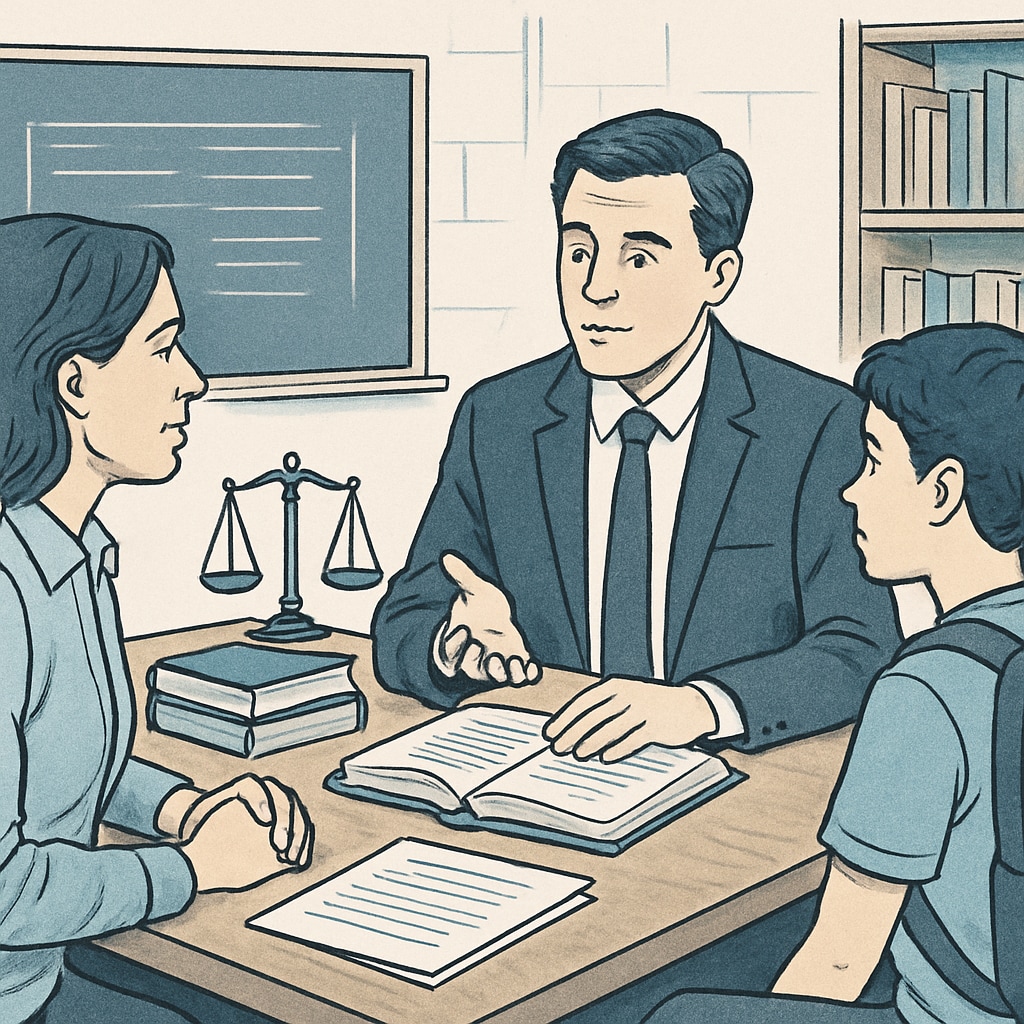Unpaid tuition can create significant hurdles for students, especially when they need access to their academic transcripts for professional exam applications. This article examines whether schools can withhold transcripts due to outstanding balances, reviews relevant educational laws, and offers practical solutions to navigate this challenge effectively.
Understanding the Connection Between Tuition and Transcript Access
Schools often argue that withholding transcripts due to unpaid tuition is a legitimate means of enforcing payment obligations. However, this practice raises critical questions about students’ rights to access their educational records. In many jurisdictions, transcripts are considered the property of the school, but students have a right to their educational data under laws such as the Family Educational Rights and Privacy Act (FERPA) in the United States.
FERPA, for example, grants students the right to review their educational records. However, it does not necessarily guarantee the right to obtain a physical copy of those records without fulfilling financial obligations. This distinction is often exploited by schools to withhold transcripts until tuition balances are cleared.

Legal and Ethical Considerations
While schools have a right to collect tuition, they must also balance this with the obligation to ensure students’ access to education and opportunities. In some cases, state laws may override a school’s policy of withholding transcripts. For example, California has enacted legislation that limits schools’ ability to deny transcripts or diplomas to students with unpaid fees, particularly when the documents are needed for employment or further education.
Similarly, ethical concerns arise when withholding a transcript prevents a student from applying for a professional exam or transferring to another institution. Such situations can perpetuate financial hardship, creating a cycle where the student is unable to improve their circumstances due to the withheld document.
Practical Solutions for Students and Parents
For families facing this challenge, there are several strategies that may help:
- Negotiate a Payment Plan: Approach the school to discuss a manageable payment plan. Many institutions are willing to release transcripts if an agreement is reached.
- Request Partial Transcripts: Some schools may be willing to provide transcripts for specific purposes, such as professional exams, even if the full balance is unpaid.
- Seek Legal Assistance: If you believe your rights have been violated, consult with an attorney specializing in educational law. They can advise on whether the school’s actions are compliant with local regulations.
- Contact State Education Authorities: In some jurisdictions, state departments of education can mediate disputes between schools and families.
Additionally, nonprofits and advocacy groups can provide resources and support for families navigating these issues. For example, organizations like NAACP Legal Defense Fund and Student Loan Borrower Assistance offer guidance on educational equity.

Key Takeaways for Resolving Transcript Issues
To summarize, here are the key points to remember when dealing with transcript access issues:
- Understand your rights under laws like FERPA and state-specific legislation.
- Communicate proactively with the school to explore payment or temporary solutions.
- Seek external support from legal advisors or advocacy organizations if negotiations fail.
By taking a proactive and informed approach, students and parents can navigate the complexities of unpaid tuition and transcript access, ensuring that educational and professional opportunities are not unnecessarily hindered.
Readability guidance: Use short paragraphs and bullet points to summarize key ideas. Maintain a balance between informative content and actionable advice. Incorporate real-life examples or external resources for additional context.


